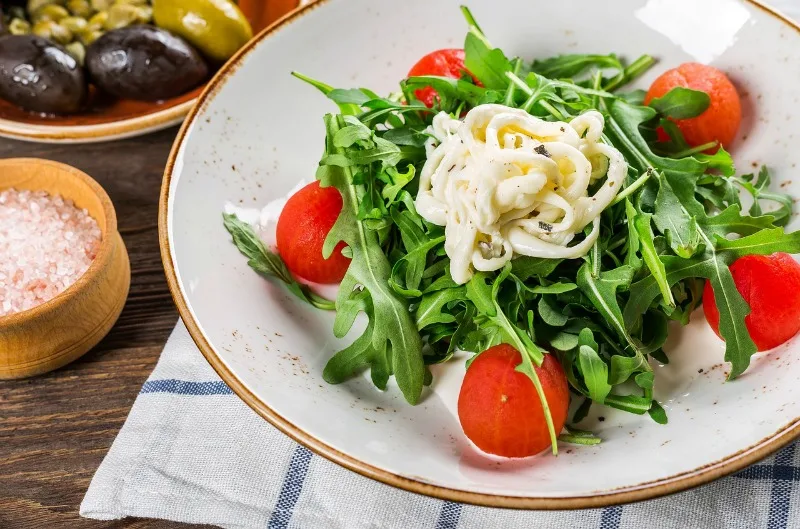There is no doubt that youth is highly prized. It’s seen as the one thing we are all supposed to long for. Even when our age in years advances, we’re supposed to want to freeze our body in time.
 Image via Pixabay
Image via Pixabay
There’s an obvious reason why we all do it, too. Youth means health – it’s not necessarily and automatically the case, but it’s far more likely that our healthiest years are also our younger ones. You can’t ever turn back the clock and have the body, health, and vitality that you had when you were 18 – but you can make sure the slope into old age is as gradual as it can be.
Doing so is an all-body process, if you truly wish to protect your health and not just your aesthetic appearance. With the focus on youth, so much of it is then channeled further into discussions of wrinkles and laughter lines. Faces are nipped, tucked, pulled back and even exercised in a bid to try and secure a line-free expression. However, this shouldn’t be the only area you focus on when it comes to maintaining a youthful glow.\
 Image via Pixabay
Image via Pixabay
Body
The ravages of aging focus themselves primarily on the body. Your joints will begin to stiffen, your muscles and tendons will have less flex, and your bones will become more likely to break. To combat this, starting a supplement regime as early as possible is recommended.
- Omega 3 fatty acids. Not only will they help keep your joints supple, but there is also substantial scientific evidence that omega 3 and 6 can improve heart health. You can supplement these as capsules, while also increasing your intake of oily fish such as salmon or trout.
- Calcium and Vitamin D. These are often grouped together and for good reason; they act in unison with one another. Be careful with the form of calcium that you take; AlgaeCal reviews make clear that users find natural forms of supplementation from organic sources to be more potent.
- Vitamin B12. B12 is the “energy vitamin” and is involved in multiple cellular processes throughout the body. It’s best taken in the form of methylcobalamin, rather than the synthetic cyanocobalamin. Check the packaging to ensure you’ve got the right one.
Senses
- Eyesight. Vision degrades as we age, but good eye care and eating the right foods – anything high in Vitamin A – can make a big difference. It’s also worth considering wearing sunglasses during any season when out during the day; UV light affects your eyes as well as skin.
- Hearing. We all know that ears can lose their efficacy as we age, so keep on top of this with good practice. Don’t use Q-Tips to clean your ears – they’re self-cleaning! Furthermore, don’t listen to music or the TV at high volumes.
- Taste. Much of good aging practice focuses on knowing the right foods to eat, so why not try and acclimatize your tastebuds to foods you dislike now? If you eat a food regularly enough, you will soon become used to it – before you know it, you’ll be enjoying salads as if they were cheeseburgers!
 Image via Pixabay
Image via Pixabay
